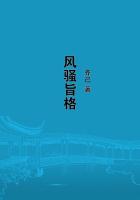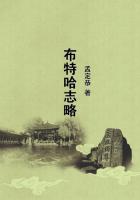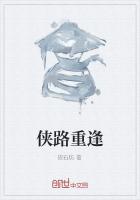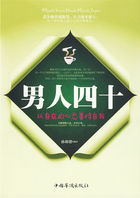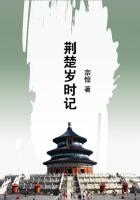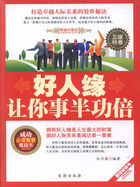"When I objected that to give him up would not beseem the dignity of the republic, and that you would never consent, he approved of my words, and said that it would be enough for you to keep the duke, and not give him his liberty without His Excellency's permission.I have promised to give you all this information, to which he awaits your reply."The same night eight masked men descended to the dungeon where the prisoners lay: they believed at that moment that the fatal hour had arrived for all.But this time the executioners had to do with Vitellozzo and Oliverotto alone.When these two captains heard that they were condemned, Oliverotto burst forth into reproaches against Vitellozzo, saying that it was all his fault that they had taken up arms against the duke: not a word Vitellozzo answered except a prayer that the pope might grant him plenary indulgence for all his sins.
Then the masked men took them away, leaving Orsino and Gravina to await a similar fate, and led away the two chosen out to die to a secluded spot outside the ramparts of the town, where they were strangled and buried at once in two trenches that had been dug beforehand.
The two others were kept alive until it should be known if the pope had arrested Cardinal Orsino, archbishop of Florence and lord of Santa Croce; and when the answer was received in the affirmative from His Holiness, Gravina and Orsina, who had been transferred to a castle, were likewise strangled.
The duke, leaving instructions with Michelotto, set off for Sinigaglia as soon as the first execution was over, assuring Macchiavelli that he had never had any other thought than that of giving tranquillity to the Romagna and to Tuscany, and also that he thought he had succeeded by taking and putting to death the men who had been the cause of all the trouble; also that any other revolt that might take place in the future would be nothing but sparks that a drop of water could extinguish.
The pope had barely learned that Caesar had his enemies in his power, when, eager to play the same winning game himself, he announced to Cardinal Orsino, though it was then midnight, that his son had taken Sinigaglia, and gave him an invitation to come the next morning and talk over the good news.The cardinal, delighted at this increase of favour, did not miss his appointment.So, in the morning, he started an horseback for the Vatican; but at a turn of the first street he met the governor of Rome with a detachment of cavalry, who congratulated himself on the happy chance that they were taking the same road, and accompanied him to the threshold of the Vatican.
There the cardinal dismounted, and began to ascend the stairs;scarcely, however, had he reached the first landing before his mules and carriages were seized and shut in the palace stables.When he entered the hall of the Perropont, he found that he and all his suite were surrounded by armed men, who led him into another apartment, called the Vicar's Hall, where he found the Abbate Alviano, the protonotary Orsino, Jacopo Santa Croce, and Rinaldo Orsino, who were all prisoners like himself; at the same time the governor received orders to seize the castle of Monte Giardino, which belonged to the Orsini, and take away all the jewels, all the hangings, all the furniture, and all the silver that he might find.
The governor carried out his orders conscientiously, and brought to the Vatican everything he seized, down to the cardinal's account-book.On consulting this book, the pope found out two things: first, that a sum of 2000 ducats was due to the cardinal, no debtor's name being mentioned; secondly, that the cardinal had bought three months before, for 1500 Roman crowns, a magnificent pearl which could not be found among the objects belonging to him: on which Alexander ordered that from that very moment until the negligence in the cardinal's accounts was repaired, the men who were in the habit of bringing him food twice a day on behalf of his mother should not be admitted into the Castle Sant' Angelo.The same day, the cardinal's mother sent the pope the 2000 ducats, and the next day his mistress, in man's attire, came in person to bring the missing pearl.His Holiness, however, was so struck with her beauty in this costume, that, we are told, he let her keep the pearl for the same price she had paid for it.
Then the pope allowed the cardinal to have his food brought as before, and he died of poison on the 22nd of February--that is, two days after his accounts had been set right.
That same night the Prince of Squillace set off to take possession, in the pope's name, of the lands of the deceased.


